Overview
Before sitting a test, you must meet certain prerequisite requirements set by NAATI. The four key prerequisite requirements to be a successful translator or interpreter are detailed on this page:
- completing formal training in translation or interpreting
- demonstrating your language proficiency
- demonstrating your ethical competency
- demonstrating your intercultural competency.
Each credential has different prerequisite pathways available to you. The pathway you choose will determine what you need to supply evidence of, and how you meet NAATI’s prerequisite requirements.
For example, you may or may not need to supply evidence of your language proficiency.
We recommend reading the detailed information about your chosen credential, before coming back here to learn more about the prerequisites.
Read more below about the prerequisite requirements and training options, including NAATI Endorsed Qualifications and Skill Set Courses, available to you. The training you complete may help you to meet all the prerequisite requirements at once.
Prerequisite requirements

Language proficiency
Many prerequisite pathways have assumed language (English or Auslan) proficiency which we infer from your studies or other experience. In some cases, you will need to provide evidence with your application.

Ethical competency
Translators and interpreters who hold a NAATI credential are bound by a Code of Ethics, and it is important that you understand how to apply this to your work. This will either be the AUSIT, ASLIA, NZSTI or SLIANZ Code of Ethics, depending on your situation.
Depending on your training and experience, you may be required to complete screening training and a test with NAATI.

Intercultural competency
Intercultural competency is your understanding of how culture and language interact, and your ability to identify significant culturally specific information in texts, spoken or signed language, and apply this to the translation or interpreting task.
Depending on your training and experience, you may be required to complete screening training and a test with NAATI.
Training options
All professional NAATI credentials require you to complete formal training in translation or interpreting before applying to NAATI. There are different training requirements depending on the type of credential, from a diploma up to specialised master’s degrees. You can read more about the requirements on each credential’s webpage.
The most streamlined way to meet the prerequisite requirements is to complete a NAATI Endorsed Qualification or a Skill Set Course. These allow you to meet many or all of the prerequisites at once.
Aboriginal or Torres Strait Islander language interpreters seeking NAATI certification: Please refer to our Indigenous Interpreting Project (IIP) or contact iip@naati.com.au for information about how to access training.
NAATI Endorsed Qualifications
NAATI Endorsed Qualifications are tertiary translating and interpreting qualifications (diploma-level or higher) which have already been assessed by NAATI as teaching and assessing the skills and knowledge required by the translating and interpreting profession.
Endorsed Qualifications are not delivered by NAATI. They are delivered by Vocational Education & Training (VET) and Higher Education institutions across Australia and New Zealand.
NAATI endorsement acts as a quality seal that gives credibility to an institution’s qualification(s). All NAATI endorsed qualifications have conditions attached which must be met by the institution if that endorsement is to be maintained. If an institution does not meet these requirements, NAATI will take action which could result in NAATI not honouring student applications for certification testing.
As a guide:
- To be eligible for a Recognised Practising credential or to sit a Certified Provisional Interpreter test, a diploma or higher is recommended.
- To be eligible for a Certified Translator test, an Advanced Diploma or higher is recommended.
- To be eligible to sit a Certified Interpreter test, most candidates will require an Advanced Diploma.
- To be eligible to apply for a specialist or conference interpreter credential, you will need a Bachelor’s degree with additional experience or training.
This information has been provided to NAATI by institutions currently providing Endorsed Qualifications. NAATI cannot guarantee that the information is correct. You can contact institutions directly to enquire about the availability of your language in the course you would like to complete.
If you are unable to find an Endorsed Qualification offered for your language, select “Non-Language Specific” in the language filter. This option will allow you to study an Endorsed Qualification in a mixed cohort of language speakers.
We understand that formal training can be hard to access, depending on the language and location. If this is the case, you may be interested in completing a translating/interpreting Skill Set Course.
If a student must complete a unit to be eligible for certification testing, but that unit is not compulsory to complete the qualification, it will be listed as a ‘required unit’ in the table above.
If you have completed the qualification but not the required units, you may not be able to eligible for certification testing.
Skill Set Courses
NAATI understands that formal training can be hard to access, depending on the language and location. To support people in getting access to training, Skill Set Courses have been developed by some training institutions.
NAATI recognises the below Skill Set Courses as meeting some or all of NAATI’s prerequisite requirements for the following credentials (depending on the type of training completed):
- Recognised Practising Translator or Interpreter
- Certified Translator
- Certified Provisional Interpreter.
A Skill Set Course, at minimum, will cover the following AQF units that provide foundational training in translation and interpreting and is generally taught in mixed-language cohorts. Individual training providers may choose to include additional AQF units, so please check with the training provider directly before enrolling.
- Build glossaries for translating and interpreting assignments (PSPTIS103) – compulsory
- Prepare to translate or interpret (PSPTIS104) – compulsory
- Apply codes and standards to ethical practice (PSPTIS102) – compulsory
- Manage interactions in general settings (PSPTIS114) – interpreting only
- Read and analyse special purpose English texts to be translated (PSPTIS148) – translating only
Although the Skill Set Courses meets the training prerequisites for the credentials outlined above, we strongly recommend you complete a full qualification (diploma or higher) where available to best prepare yourself for certification testing and working in the profession.
List of Skill Set Courses that:
The following Skill Set Courses will satisfy the training, language proficiency, ethical and intercultural competency prerequisites. This means you can apply directly to sit the relevant test with NAATI:
- RMIT University – translating and interpreting (available online or face-to-face in Melbourne)
- TAFE SA – translating and interpreting (available online or face-to-face in Adelaide)
- Babel International College – translating and interpreting (available online or face-to-face in Perth)
- Deaf Connect – Auslan interpreting only (online with some face-to-face in Brisbane)
- SIIT – translating and interpreting (available online or face-to-face in Sydney or Brisbane)
The following Skill Set Courses will satisfy the training and ethical competency prerequisites only.
Students will need to satisfy the intercultural competency and language proficiency prerequisites separately.
This means you can apply to NAATI and we will advise you whether you need to provide additional evidence of your language proficiency or sit an Intercultural Competency screening test.
- North Metropolitan TAFE (WA) – interpreting only (available face-to-face in Perth)

